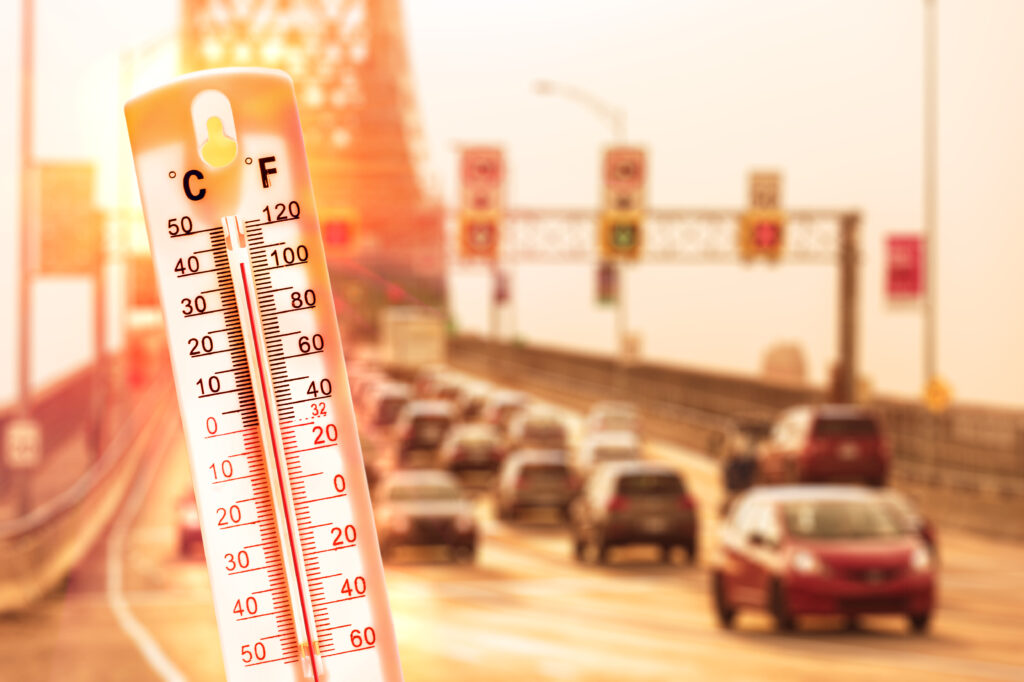Safety experts are hoping to prevent a repeat of last year, when six children in West Virginia – 39 nationwide – died in hot cars, including a 3-month-old baby girl in Morgantown.
The Governor’s Highway Safety Program (GHSP) and the U.S. Department of Transportation’s National Highway Traffic Safety Administration (NHTSA) are using a new slogan to remind parents and caregivers how to prevent such tragedies: Once You Park, Stop, Look, Lock.
Vehicular heatstroke, which can be fatal, has risen in recent years. Every ten days, on average, a child dies from being left in a car or crawling into an unlocked vehicle.
“Parents and caregivers think this sort of tragedy could never happen to them. Sadly, ‘never’ does happen,” said Jack McNeely, director of the GHSP, in a press release.
“Anyone is susceptible to forgetfulness. It doesn’t matter who is taking care of the child, what their background is, or where they come from: Routines are often upended. It is during these moments of hurriedness and change in routine that many of these tragedies occur,” McNeely said.
Experts say a child’s body temperature rises three to five times faster than an adult’s, and the heat inside a closed car can be 50 degrees higher than the outside temperature – so even a cooler day can pose a threat.
The GHSP urges all parents and caregivers to take three simple steps to help prevent hot car deaths.
- When getting out of a car, make it a habit to check the entire vehicle, especially the back seat, EVERY time.
- NEVER leave a child in a vehicle unattended, even for one minute.
- ALWAYS lock the car and put the keys out of reach.
For more information on vehicle heatstroke, what to do if you see a child trapped in a vehicle, and warning signs of heatstroke, visit www.nhtsa.gov/campaign/heatstroke.
For more information about the West Virginia Governor’s Highway Safety Program, visit highwaysafety.wv.gov.






















